Cooperative Play – Benefits, Stages & Examples
Children of all ages enjoy playing. From a psychological perspective, playing has a central role in the development of essential cognitive, emotional, and social skills for all children. As they get older, their playing can be classified into four different types; solitary play, parallel play, associative play, and finally cooperative play. Emerging as the final mode of play, cooperative play is an important social skill that helps children form meaningful connections, bonds, and adhere to the rules of collective activity. Continue reading for all you need to know about it and how you can help your child get better at cooperative play.
What Is Meant by Collaborative or Cooperative or Social Play
Infants, early in life, begin with a solitary play where they play alone without being aware of the presence of others in the game. Between the ages of 2 and 3, babies start to play alongside other children without influencing each other in what is known as parallel play. Associative play is what emerges next, where children have social interactions and engage in a common activity involving the exchange of toys and verbal chatter. Around the age of 5, cooperative play emerges in children where they assume reciprocal roles and play games with shared goals and a common narrative (1).
As the most complex type of game children engage in, cooperative play is important to teach them social rules such as sharing, cooperation, taking turns, and handling disagreements. They also participate in establishing rules, take leadership roles, and negotiate responsibilities which ultimately contribute to forming meaningful friendships. Although the less mature forms of play are present in children as they grow older, collaborative play is the most dominant one. An example of a complex collaborative play is the fantasy game “cops and robbers”.
Different Stages of Cooperative Play
Cooperative play is an essential part of childhood development, where children learn to interact, share, and work together toward common goals. As they grow, their ability to engage in cooperative play evolves through distinct stages, reflecting their social and cognitive development (2).
1. Unoccupied Play
In this earliest stage, infants make random movements with no clear purpose, such as waving arms or kicking legs. While it may not look like traditional “play,” this stage is important for sensory and motor development. Babies observe their surroundings, laying the groundwork for future social interactions.
2. Solitary Play (Playing Alone)
Children play independently without engaging others, even if peers are nearby. They focus on their own toys and activities, developing concentration and motor skills. This stage is natural and does not indicate shyness or antisocial behaviour.
3. Onlooker Play
Children observe others playing but do not participate. They may ask questions or comment, showing interest in social play without joining in. This stage helps them learn social rules and language before engaging directly.
4. Parallel Play
Children play side by side with similar toys but do not interact much. Though they may mimic each other, they remain focused on their own play. This stage bridges solitary and social play, showing awareness of peers while maintaining independence.
5. Associative Play
Children begin interacting more—sharing toys, talking, and engaging in similar activities—but without a structured goal. They show interest in peers but do not yet organise their play cooperatively.
6. Cooperative Play
The most advanced stage, where children work together toward a common goal, assign roles, follow rules, and collaborate. This stage is seen in games like tag, pretend play (e.g., “house”), or team projects.
Why Is Cooperative Play Important?
Cooperative play is viewed by psychologists as a milestone in child development. Here are some benefits of cooperative play (3):
- Cooperative games are important to reduce aggression in children. The more they engage in such games, the more social skills they pick up of being courteous.
- Cooperative games are known to increase pro-social skills such as sharing, empathy, and kindness, which are essential life skills.
- It is seen that collaborative play in early childhood education has several benefits, including reduced discipline and classroom management, intellectual development, and increased mastery of content. Cooperative play has benefited very similarly to cooperative learning.
- When it comes to therapy situations of socially withdrawn or autistic children, cooperative games have a positive effect on the sessions.
- Being inclusive in nature, cooperative games promote a sense of belonging in children. A sense of belonging is highly essential in an academic setting and mental well-being for both children and adults.
- Cooperative games build empathy, unlike competitive ones where it is ‘every man for himself’ and ‘nice guys finish last’. This is because cooperative games are built on a foundation of mutual care and concern and not outperforming the other at all costs.
- The relaxed, friendly environment of cooperative play stimulates problem-solving in children. Together they can pool their ideas and build one on top of the other.
- Cooperative play teaches children to work together towards a common goal and even prepares them for collaborative learning and teaching methodologies.
- Cooperative play gives children a much-needed break from excess competition as most schools are structured competitively. It is seen that excess competition creates anxiety and strains their mental health.
- Cooperative play is important in establishing group identity and promoting group cohesion.
- The inclusiveness of cooperative play games ensures that everybody gets a part, and no one sits idly and wastes time. It teaches resource allocation to children and effective use of effort and time.
- Many cooperative games involve plenty of physical movement and exercise. This promotes health and physical fitness in children.
- Being courteous to other members in a group and taking turns is at the foundation of many cooperative games. These are valuable life skills taught at the right age.
- At the heart of most professions is teamwork and collaborative games teach children all the skills necessary for it.
- Cooperative games prevent many behaviours associated with competitive games such as embarrassment, meanness, and meltdowns.
- Cooperative games are essential for building a positive social climate which is enjoyed by everyone. It works because these games teach children that cooperation and mutual respect are a valued social norm.
How Can Parents Encourage Their Child for Collaborative Play?
Parents can engage their children in different types of cooperative play to inculcate the values that come with it. Here is how to build towards it:
1. Encourage Sharing
The meaning of the word share can seem highly complicated for children as they grow. It can range for giving up their toy momentarily to never seeing that cookie they gave away. Therefore, to build the idea of sharing it is essential to indulge in the right sharing games appropriate for the age to integrate the word positively in the child’s mind. The earlier you integrate the meaning of the word sharing in your child’s mind, the better prepared they will be for collaborative games.
2. Taking Turns
Taking turns is at the heart of cooperatives games, and babies are capable of back-and-forth interactions as early as 6–9 months. Use this opportunity to play games such as pat-a-cake and rolling a ball back and forth to teach them to wait for their turn. In the long run, it establishes impulse control as your child can wait for something they desire that very moment.
3. Obeying Rules
Obeying rules that are in place for the greater good is a critical skill that children need to learn as early as possible. It stops them from self-indulgence that can be detrimental to social play. Ideally, the best way to teach them about rules is not to let them win all the time. Although it can be frustrating and even seem unfair, it is a good way to teach them that all play has rules that should be followed.
4. Teamwork
Teamwork is the hallmark of collaborative play, so your child needs to be taught to help and to cooperate with others in the activity involved especially collaborative pretend play. Since they are not old enough to lend a hand in chores, teach them teamwork by involving them in picking up the toys after a game, or to arrange simple items on a shelf.
5. Cooperative Activities
You can build many essential skills of social play through cooperative games for preschoolers. At family gatherings, have painting projects such as ‘blank canvas’ which involves painting a canvas as a group. Gather preschoolers in your community for events such as planting a vegetable garden.
6. Modeling Positive Social Behavior
Children learn cooperative behaviour by observing the important adults in their lives. When parents demonstrate active listening, respectful communication, and problem-solving in their daily interactions, children absorb these patterns. Using inclusive language like “we” and “our” when approaching tasks reinforces a teamwork mindset that children will emulate in their own play.
7. Creating Opportunities for Peer Interaction
Regular play with other children provides natural practice for developing social skills. Parents can facilitate this by organising playdates with children of similar ages and encouraging participation in group activities like storytime at the library or community sports programs. In these settings, children learn to navigate social dynamics, resolve minor conflicts, and experience the joy of shared play.
8. Encouraging Empathy
Children develop deeper social awareness when caregivers consistently name and discuss emotions during interactions. By asking perspective-building questions (“How do you think your friend felt when…?”) and reflecting on storybook characters’ experiences, children learn to recognise and respond to others’ emotional needs.
9. Designing Collaborative Spaces
Thoughtfully arranged environments naturally promote teamwork by including materials that require multiple participants, like large building sets or interactive games. The physical space should be complemented by an emotionally supportive atmosphere where each child’s contributions are acknowledged and valued, making cooperative play feel both rewarding and instinctive.
Some Examples of Cooperative Play
Looking for examples of social play? Here are some cooperative play examples you can try out with your child at school or in your community:
- Puzzles
- Treasure hunt
- Relay races
- Building dens
- Team games
- Board games
FAQs
1. Can cooperative play help reduce sibling rivalry?
Yes, structured cooperative activities that require siblings to work toward shared goals (like building a fort or solving a puzzle together) can minimise competition and foster teamwork. Parents can guide them with prompts like, “How can you both make this fair?” to encourage problem-solving.
2. Does cooperative play delay competitive skills in children?
Not at all—cooperative play actually builds foundational skills like communication and emotional regulation, which enhance healthy competition later. Kids who practice collaboration first often compete more gracefully because they understand fairness and teamwork.
The cooperative play child development is a milestone that most children can reach by the age of five, when given the right stimulus as they grow. As you teach them behaviours that promote cooperative play, they are able to engage with other children and form meaningful friendships and eventually build essential life skills.
References/Resources:
1. Murray State University – The Impact of Social Play on Young Children
2. Michigan State University – The power of play – Part 1: Stages of play
3. Sage Publications – Play and The Learning Environment
Also Read:
Role Play Ideas for Kids
Types of Play for Kid’s Development
Role of Functional Play in a Child’s Growth and Development
Surprising Thing That Can Boost Your Kid’s Brain Development
Was This Article Helpful?
Parenting is a huge responsibility, for you as a caregiver, but also for us as a parenting content platform. We understand that and take our responsibility of creating credible content seriously. FirstCry Parenting articles are written and published only after extensive research using factually sound references to deliver quality content that is accurate, validated by experts, and completely reliable. To understand how we go about creating content that is credible, read our editorial policy here.





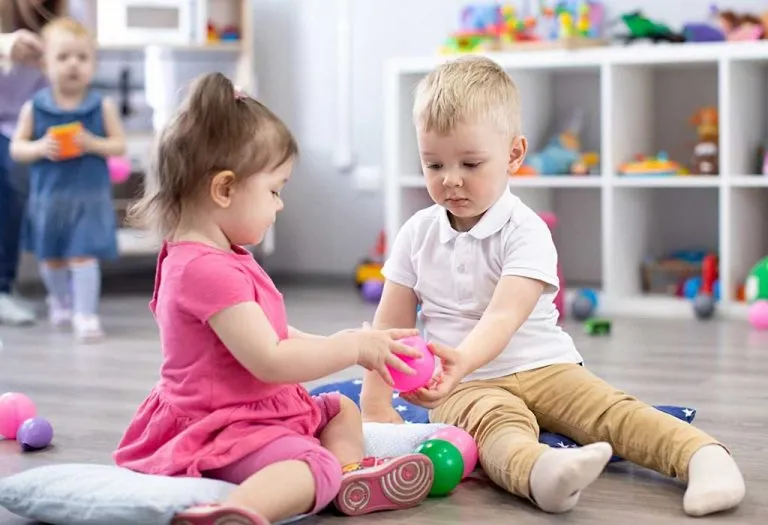
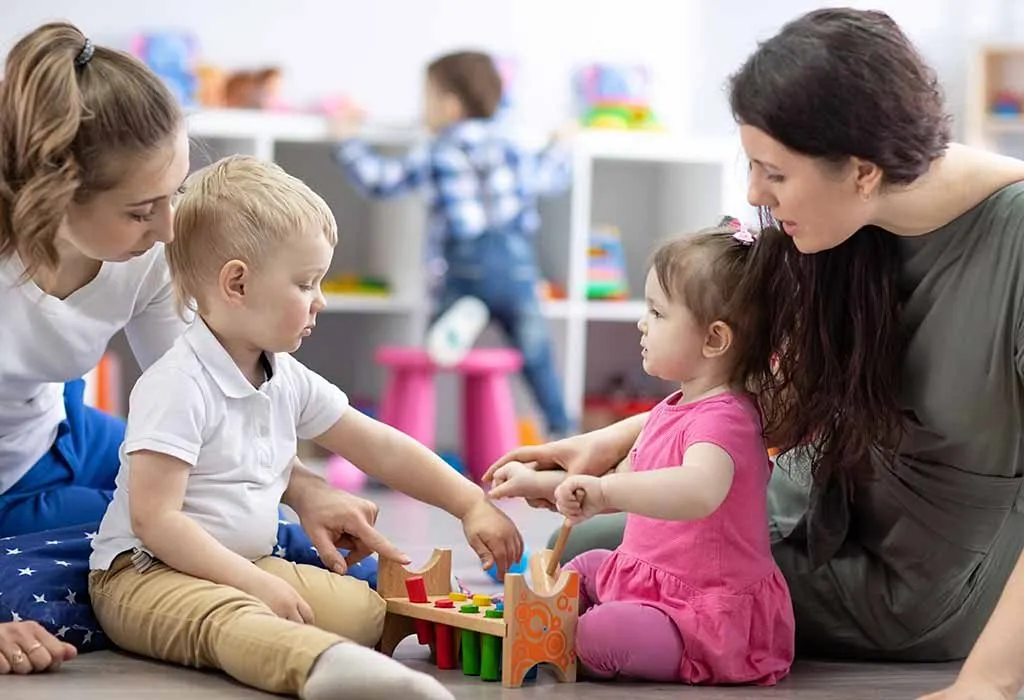
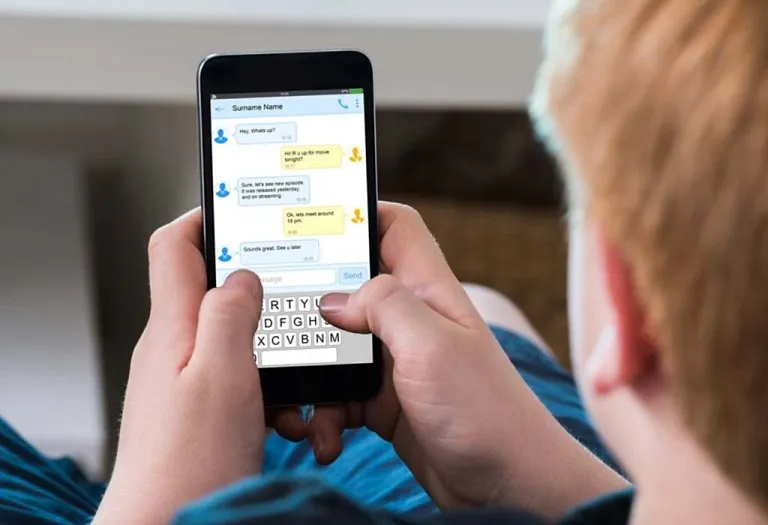

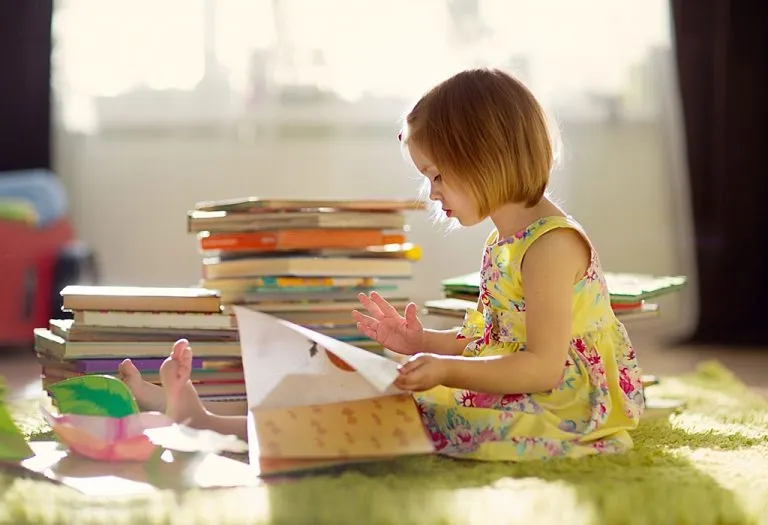

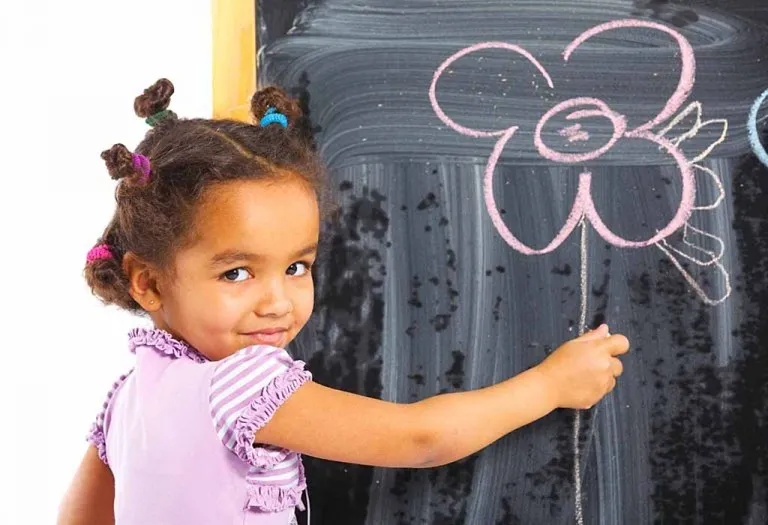
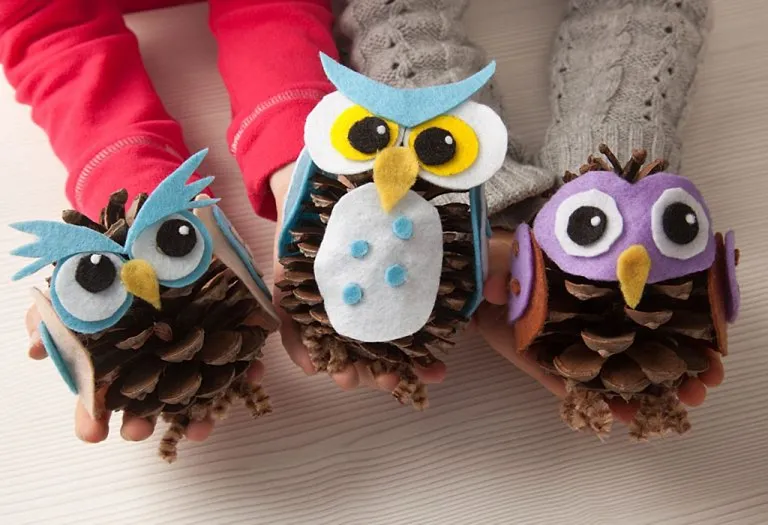

.svg)
















